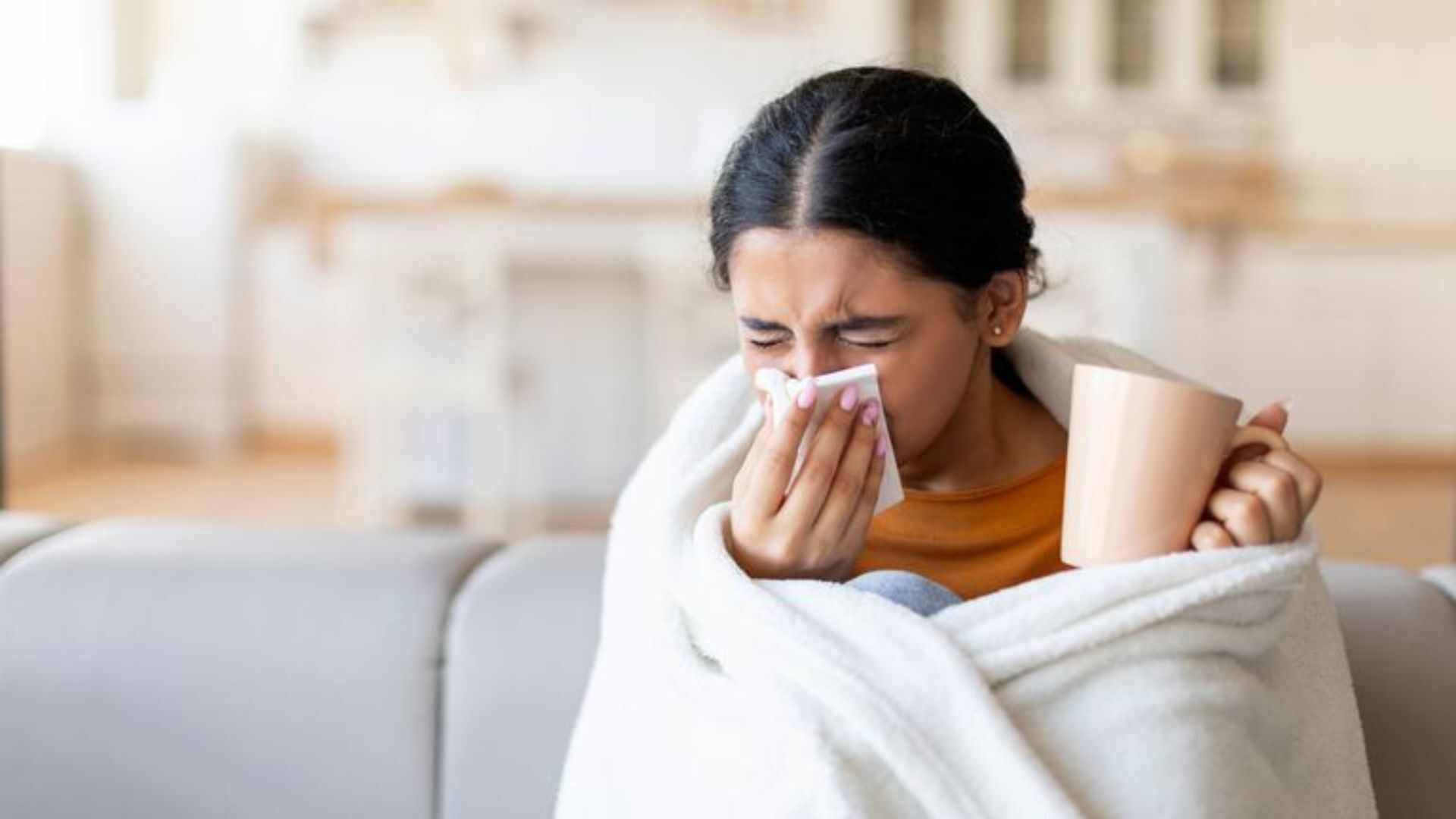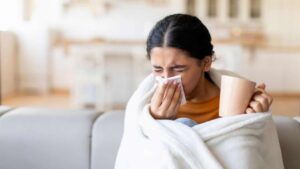Hospitals across England are presently feeling a significant strain, especially amid an increased case of “festive flu” and other winter viruses, describing what the NHS terms as a “tidal wave” of illnesses. Latest figures from NHS England reported that there had been a 70% rise in admissions related to flu with almost 1,900 beds in use last week-three times as many as the same time a year ago. All three, in tandem, compound the effects of COVID-19, RSV, and norovirus, prompting the NHS England’s Prof Sir Stephen Powis to sound out a “quad-demic.”
What is Festive Flu?
“Festive flu” refers to the cyclical rise in flu cases that usually happens during the winter, often worsened by the holidays and harsher temperatures. Rather than a disease, it is a catch-all term for respiratory diseases including flu, colds, and other infections. Common symptoms are coughing, sore throat, sneezing, runny nose, watery eyes, fever, and body aches. Pulmonary specialist Dr. Cedric “Jamie” Rutland says it is due to lack of sleep, dehydration, poor diet, and yelling at social gatherings.
According to NHS’s Prof Sir Stephen Powis, the situation was a “tidal wave” of illnesses. He noted that the figures only contributed to the “quad-demic” worries that had plagued the country and therefore advised the public to seek vaccinations to prevent serious illnesses.
Government and NHS Action
England’s Health Secretary Wes Streeting told the public that the NHS is currently giving record treatments and dealing with waiting lists.
The best protection against serious illness will also help reduce the strain on A&Es during the festive period.
Reduction of “Festive Flu”
Preventative measures to avoid “festive flu”:
- Wash hands frequently or use hand sanitizer.
- Stay hydrated to keep your throat and nose moist.
- Do not smoke or secondhand smoke.
- Reduce your intake of caffeine and alcohol.
- Enhance your immune system by taking allergy meds and Vitamin C.
- Use a mask and maintain social distancing when ill.
- Maintain healthy eating habits, such as eating fresh fruits and smoothies.
Treatment should be sought by resting, fluids, and over-the-counter medication. In case symptoms last for more than a week, a doctor or health care provider should be consulted.
Aside from influenza cases, the number of hospitalized patients showing symptoms of norovirus has also increased. Last week, 837 beds were filled. The children who were admitted to hospitals for RSV have increased; the average is now at 152, compared to 142 last week.













